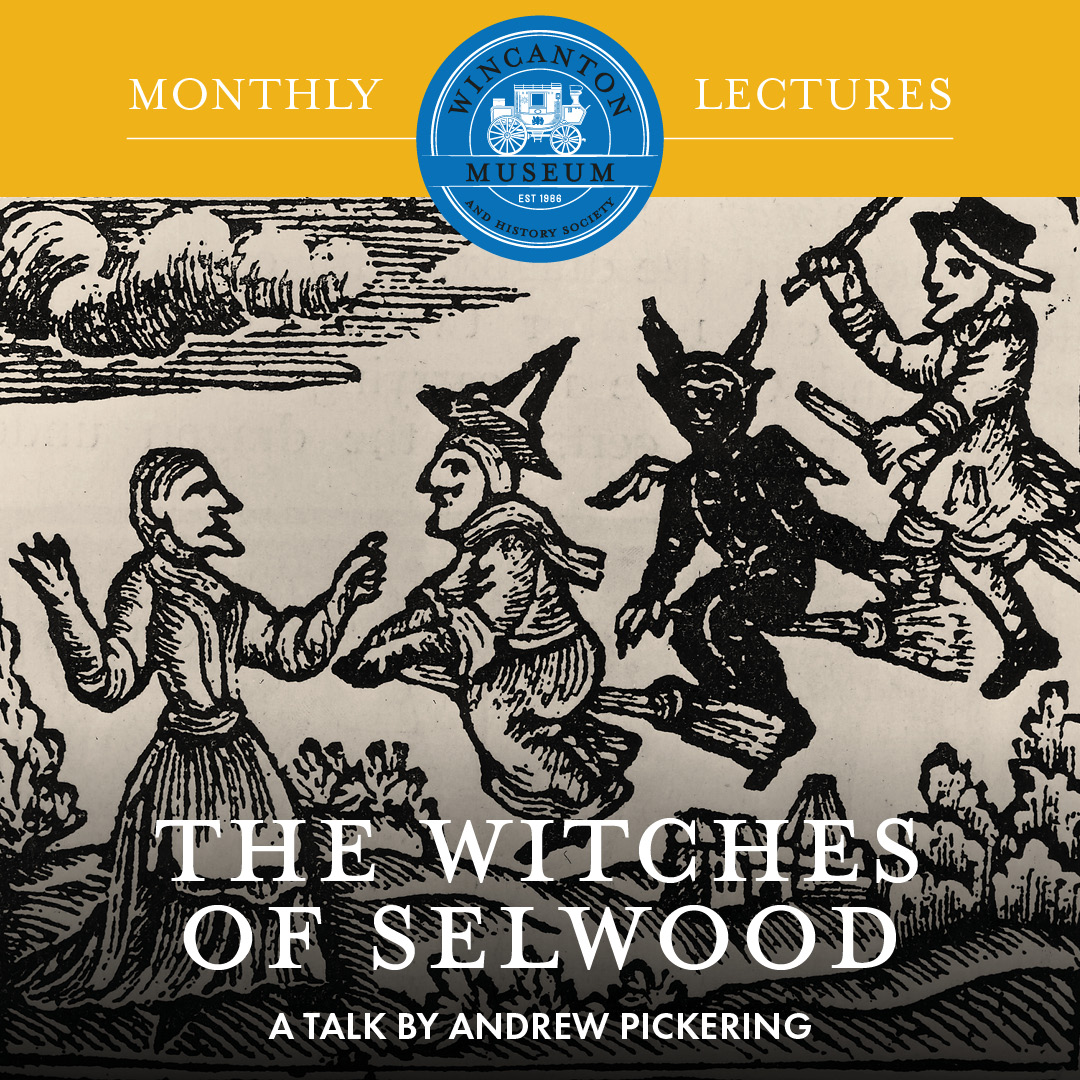TALKS
Our popular WHS Talks are held at the Balsam Centre, Balsam Park BA9 9HB (accessed from Memorial Hall Car Park), usually on the last Wednesday evening of the month.
Doors open 6.30pm with the talk starting at 7pm. Our 9 talks throughout the year range widely, covering local and national topics such as the Roman Villa at the Newt, life of a local vet in 20th century, restoration of Earl of Shaftesbury’s house, the Nuremburg Trials.
A brief round-up of previous talks are available if you click the “Previous Talks” button further down this page.
The programme is being constantly developed so do revisit this site, check out our Instagram or Facebook and look out for our eye-catching posters in various locations around the town advising forthcoming subjects.
Entry Charges (per person):
Members and under 18s: free
Non-members: £10.00
From time to time Special Talks are being booked. The venue for these is the Memorial Hall. Last year we heard from John Blashford-Snell, and enjoyed a live performance of Flamenco dancing. Charges for these talks differ from the standard Talks charge. Keep an eye on this site for details.
Special Talks (per person):
Members: free (donation welcomed)
Non-members: See listing for prices


The Witches of Selwood
April 24 @ 19:00 - 21:00
Some three-score people converged to learn about The Witches of Selwood from Dr Andrew Pickering.
While many may be familiar with the Salem witch trials in New England and/or the Pendle witches of Lancashire, Andrew Pickering put forward a clear case for our, lesser known, local witch history being as well regarded. It may have been news to many that, originally, Selwood Forest was very much larger, covering an area roughly from Bayford to north of Warminster to Frome to Bruton, almost brushing Gillingham in the south and Bratton to the north-east. And in this natural environment, with many folk living much closer to nature than nowadays, practices abounded that cut across beliefs that had become the accepted currency of those calling the shots in matters of religion and in society.
It was a time very different to our own, to an almost unappreciable degree and, with no education for the masses, nor the medical knowledge of so much we take for granted, the country ways that had held sway for generations were still followed.
It was pointed out that the height of belief in witches coincided with a particularly febrile era in England’s history, the records of the witches of Selwood being some of the last examples of the seriousness with which the subject was regarded. From what seems close to an obsession of King James I, through the Civil War and the exhortations of Puritanism, many, often elderly, often female, fell into the claws of, perhaps manic, perhaps earnest, zealots, were tried, suffered strange challenges to prove whether or not they were witches with some, inevitably, paying the ultimate price. Dr Pickering observed that it was quite possible numerous of the victims were suffering from senility, particularly given the age of some, such as one local woman who survived and died aged 100.
That some entered the forest to meet with the priests, who had been driven out by Puritanism, but were still relied on by many simple country folk, is seen as highly likely. It seems some denouncers were wrought upon by the witch finder types and reported what we may now find outlandishly impossible to credit. As so often, matters circumstantial lead to blurring around the edges of what was, at that time, declaimed as incontrovertible fact.
Andrew Pickering’s readings from his book to illustrate some of the remarkable tales, recorded at the time as facts, were delivered with a light touch and gripped the audience’s attention. So much so, there was a queue at the end of evening for copies of his book which evolved from his academic submission. Should any have been unable to secure a copy, it may be sourced through the usual internet site.
